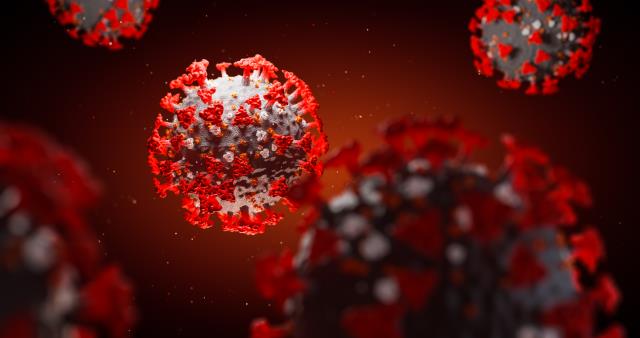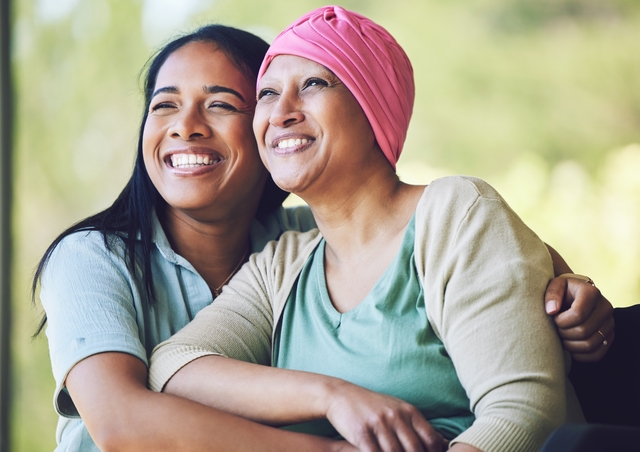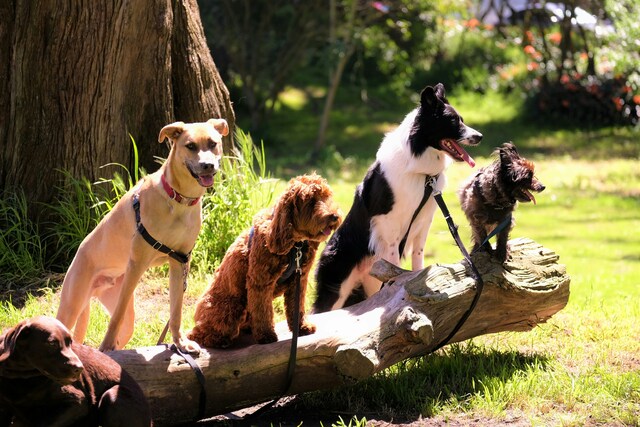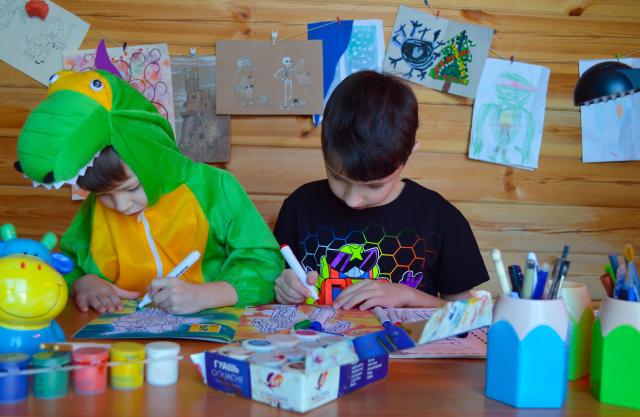With COVID close contacts continuing to increase in Hume and Whittlesea, and across the state, the state government has made further exemptions for more essential workers.
From 11:59pm, Tuesday, January 18, workers in emergency services, education, critical utilities, custodial facilities, transport and freight will be eligible for the exemption, along with the food production sector which is already exempt.
A close contact, otherwise known as household and household-like contact, is someone who has spent more than four hours with a case inside a house, accommodation or care facility.
Under the conditions of the exemption, the worker may return to work if it is necessary for continuity of operations and if other options have been exhausted. The exemption will apply to attending work only, not any other settings.
In order to be eligible, the worker must first notify the employer of their status as a contact, and critically, both parties must consent to the worker returning to the workplace. They are already required to be fully vaccinated.
Further measures include the worker undertaking a daily Rapid Antigen Test (RAT) for five days and return a negative result prior to attending work each day, they must wear a face mask at all times, with exceptions in the case of eating or drinking, or safety reasons, and a P2/N95 respirator is preferred.
The worker cannot enter shared break areas and the employer must try and facilitate solo break time. The employer must also take reasonable steps to deploy the worker in areas where transmission risk is lower.
If at any time the worker develops symptoms or tests positive on a RAT, the exemption no longer applies and they become a case, must isolate for seven days, and must notify others including their employer.
The exemption order is identical to that granted by Victoria’s public health team for key food and beverage workers, and is designed to protect the state’s essential workforce during the continuing Omicron wave.
This exemption also currently applies to hospital workers, disability workers, residential aged care facility workers, and ambulance workers, but the use of an N95 mask at the workplace is a requirement, not a preference.
Premier Daniel Andrews said: “This is about helping Victorians keep food on the table, lights on in the house and staff on in our hospitals.”
“The worker’s rights are protected, and they can’t be directed to work if they are a contact – the worker has to agree to come in, just as they have to agree to the various preventative measures that will reduce risks for others.”







